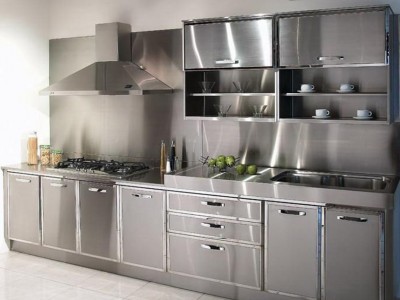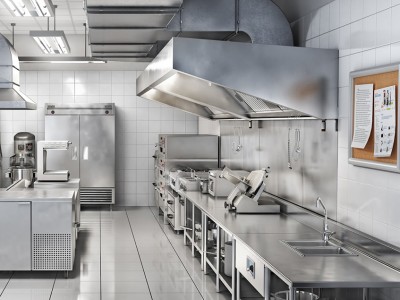- sub-total
- total
Benefits of Stainless Steel Cabinets
Bacterial and Fungal Resistance
Moisture Resistance
Chemical Resistance
Heat Resistance
Sustainability
Durability
Bacterial and Fungal Resistance
Stainless steel has a non-porous surface , so that no liquids, bacteria, fungus or mold can penetrate it. This means that bacteria, fungi, and dirt have nowhere to hide.
With routine sanitation practices, the risk of germs spreading or cross contamination occurring is significantly reduced.
Moisture Resistance
Stainless steel is made of low carbon steel that consists of chromium and nickel. Chromium makes it resistant to rust and corrosion.
Because rust isn’t an issue, moisture is not an issue. This means that stainless steel is perfect for wet labs, sinks and intense liquid-based sterilization processes.
Chemical Resistance
Stainless steel has significant chemical resistance. Most salts, organic chemicals, solvents and biological stains are not an issue. Some acids and bases are also not an issue.
A few harsh acids (acetic acid, phosphoric acid, sulfuric acid) and bases (sodium hydroxide) are not recommended for use with stainless steel.
Heat Resistance
Nickel in stainless steel makes it heat resistant. It can sustain continuous heat exposure above 1500 °F. There may be some discolor with prolonged high temperatures, but “it can take the heat”.
This means stainless steel is a great fit for labs that use equipment with open flames, such as bunsen burners.
Durability
Stainless steel’s metal composition makes it highly impact resistant. In labs, there is usually a lot of movement of tools and equipment. While stainless steel can be dented, it is very difficult to puncture, so you don’t need to worry about piercing the clear coat finish (wood) or chipping paint (metal).
And, while it isn’t scratch resistant, it does maintain its aesthetic beauty over a long period of time.
Sustainability
Stainless steel is a recyclable material. The main alloying elements of stainless steel (chromium, nickel and molybdenum) are all highly valuable and can be easily be recovered and separated from other materials.
Today, where environmental issues are so important in saving and preserving our world, stainless steel is cleaner for the environment.
Applications
Some of the common applications for stainless steel cabinets and furniture include:
- Hospital operating rooms
- Pharmaceutical manufacturing and research labs
- Animal research labs
- Food research and testing labs
- Autopsy labs
- Bio safety labs










